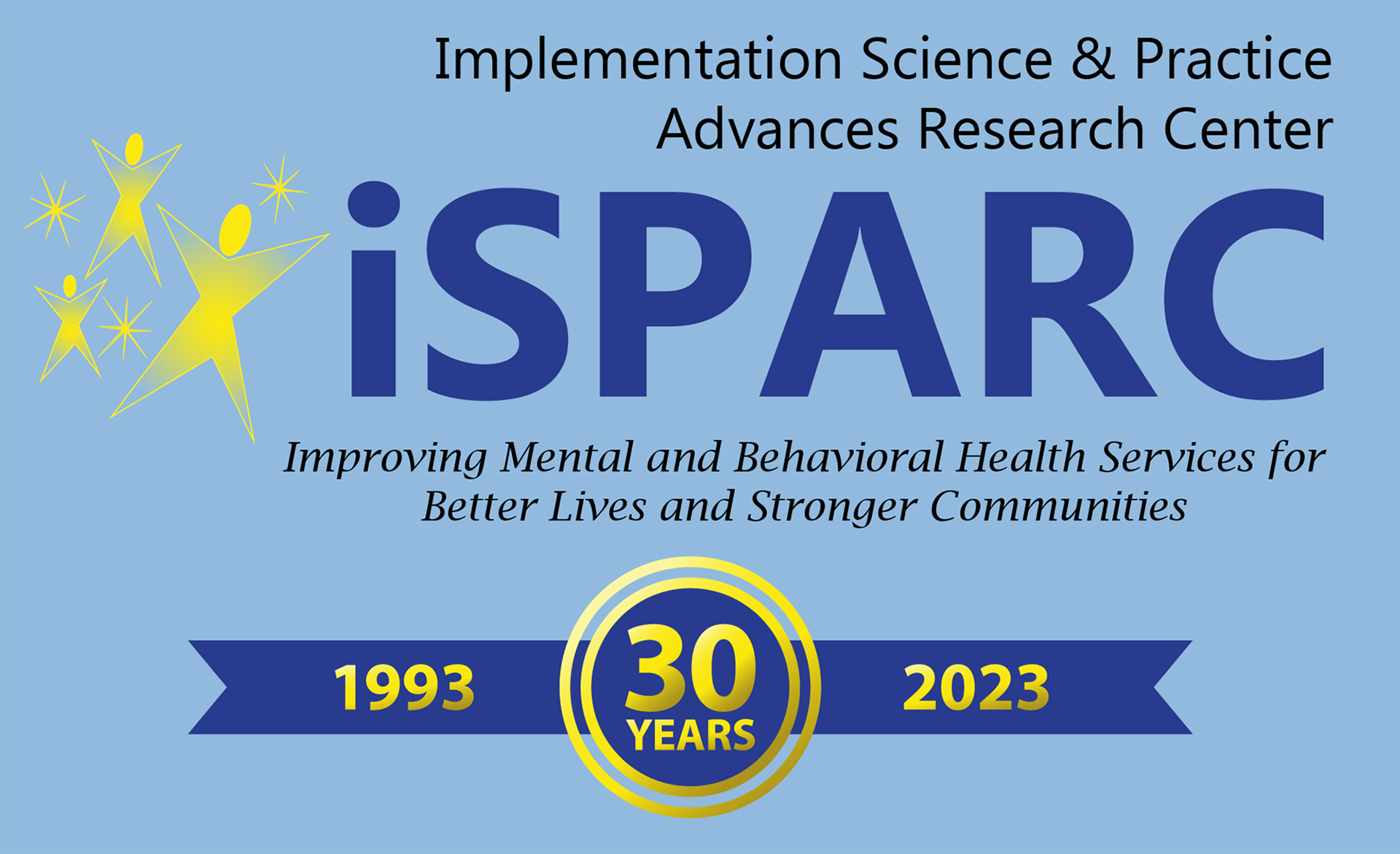Learn More About Transitions ACR

The Transitions to Adulthood Center for Research (Transitions Center) is a research center within the Implementation Science and Practice Advances Research Center (iSPARC) that conducts research, training, and dissemination activities to improve outcomes among youth and young adults (ages 14 to 30) with serious mental health conditions (SMHC). We utilize community-engaged approaches, including Participatory Action Research, and prioritize the needs of youth and young adults from populations that have been marginalized or underserved. Notably, the Transitions Center houses The Learning & Working During the Transition to Adulthood Rehabilitation Research & Training Center (The Learning & Working RRTC), and The Center for Community Inclusion and Reflective Collaborative (The CIRC Center), the only two Rehabilitation Research and Training Centers funded by NIDILRR on young adults with serious mental health conditions. Our portfolio also includes research projects that focus on a spectrum of issues affecting young adults with SMHC including co-occurring substance use disorders and suicide prevention. We offer training and technical assistance in various content areas (e.g., career development, young adult advisory boards) and support broader dissemination efforts across NIDILRR grantees but we do not provide direct clinical services.
Why are these research, training, and dissemination activities warranted?
- Young adulthood is a unique developmental period with its own youth subculture. It is a critical life stage in which young people are expected to begin developing their careers and move towards the milestones of adulthood (e.g., living and financial independence, starting families, navigating romantic partnerships).
- According to the National Survey on Drug Use and Health, among all adults (18+), young adults (18-25) have the highest rates of serious mental illness yet the lowest rates of mental health service engagement.
- Most services are bifurcated between child- and adult-serving systems, creating additional challenges for young adults and their family members.
- Young adults with SMHC have poorer education, employment, and community participation outcomes than their peers without or with other disabilities.
Organization Chart: Where the Transitions ACR sits within UMass Chan Medical School
 UMass Chan Medical School is located in Worcester, MA, and has a strong commitment to promoting research, knowledge translation, and dissemination. UMass Chan is the Commonwealth’s first and only public academic health sciences center. Its mission is to advance the health and wellness of our diverse communities throughout Massachusetts and across the world by leading and innovating in education, research, healthcare delivery, and public service. UMass Chan is one of the nation’s top 50 medical schools and is firmly committed to providing full access to individuals with disabilities. UMass Chan complies with the Americans with Disabilities Act (ADA) of 1990, Diversity and Equal Opportunity Office guidelines, and Human Resources policies.
UMass Chan Medical School is located in Worcester, MA, and has a strong commitment to promoting research, knowledge translation, and dissemination. UMass Chan is the Commonwealth’s first and only public academic health sciences center. Its mission is to advance the health and wellness of our diverse communities throughout Massachusetts and across the world by leading and innovating in education, research, healthcare delivery, and public service. UMass Chan is one of the nation’s top 50 medical schools and is firmly committed to providing full access to individuals with disabilities. UMass Chan complies with the Americans with Disabilities Act (ADA) of 1990, Diversity and Equal Opportunity Office guidelines, and Human Resources policies.
![]()
UMass Chan Department of Psychiatry
With its leading clinical services, research, and education programs, the UMass Chan Department of Psychiatry is combating mental illness and addiction on a regional, national, and global scale. The UMass Chan Department of Psychiatry is guiding the development of progressive public health policies; providing state-of-the-art, recovery-driven patient care; fostering innovation through research; training students and practitioners, and building community engagement to enhance the mental health of citizens in Massachusetts and beyond.
![]()
 The Implementation Science & Practice Advances Research Center (iSPARC) is a research center within the UMass Chan Department of Psychiatry. For 30 years iSPARC has been Massachusetts Department of Mental Health Research Center of Excellence. Funded by MA DMH, private foundations, federal, and industry sources, iSPARC faculty and staff are a multidisciplinary group, representing psychiatry, sociology, clinical and research psychology, rehabilitation, statistics, social work, and the law, with a long track record of conducting public sector mental health services research, knowledge translation, and dissemination activities.
The Implementation Science & Practice Advances Research Center (iSPARC) is a research center within the UMass Chan Department of Psychiatry. For 30 years iSPARC has been Massachusetts Department of Mental Health Research Center of Excellence. Funded by MA DMH, private foundations, federal, and industry sources, iSPARC faculty and staff are a multidisciplinary group, representing psychiatry, sociology, clinical and research psychology, rehabilitation, statistics, social work, and the law, with a long track record of conducting public sector mental health services research, knowledge translation, and dissemination activities.
![]()

